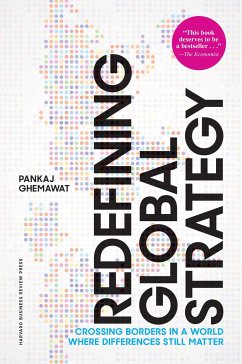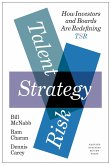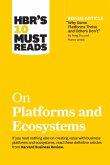New Tools for Succeeding Globally Why do so many global strategies fail--despite companies' powerful brands and other border-crossing advantages? Because a one-size-fits-all strategy no longer stands a chance. When firms believe in the illusions of a "flat" world and the death of distance, they charge across borders as if the globe were one seamless marketplace. But cross-border differences are larger than we assume. Most economic activity--including trade, real and financial investment, tourism, and communication--happens locally, not internationally. In this "semiglobalized" approach, companies can cross borders more profitably by basing their strategies on the geopolitical differences that matter; they must identify the barriers their strategies will have to overcome, and they must build bridges to cross those barriers. Based on rigorous research, Pankaj Ghemawat shows how to create successful strategies and provides practical management tools so you can: * Assess the cultural, administrative, geographic, and economic differences between regions at the industry level--and decide which ones require attention * Track the implications of the specific border-crossing actions that will impact your company's ability to create value the most * Generate superior performance through strategies that are optimized for the three A's: adaptation (adjusting to differences), aggregation (overcoming differences), and arbitrage (exploiting differences) Using in-depth examples, Ghemawat reveals how companies such as Cemex, Toyota, Procter & Gamble, Tata Consultancy Services, IBM, and GE Healthcare are adroitly managing cross-border differences. He also shares examples of other well-known companies that have failed at this challenge. Crucial for any business competing across borders, Redefining Global Strategy will help you make the most of our semiglobalized world.
Hinweis: Dieser Artikel kann nur an eine deutsche Lieferadresse ausgeliefert werden.
Hinweis: Dieser Artikel kann nur an eine deutsche Lieferadresse ausgeliefert werden.








